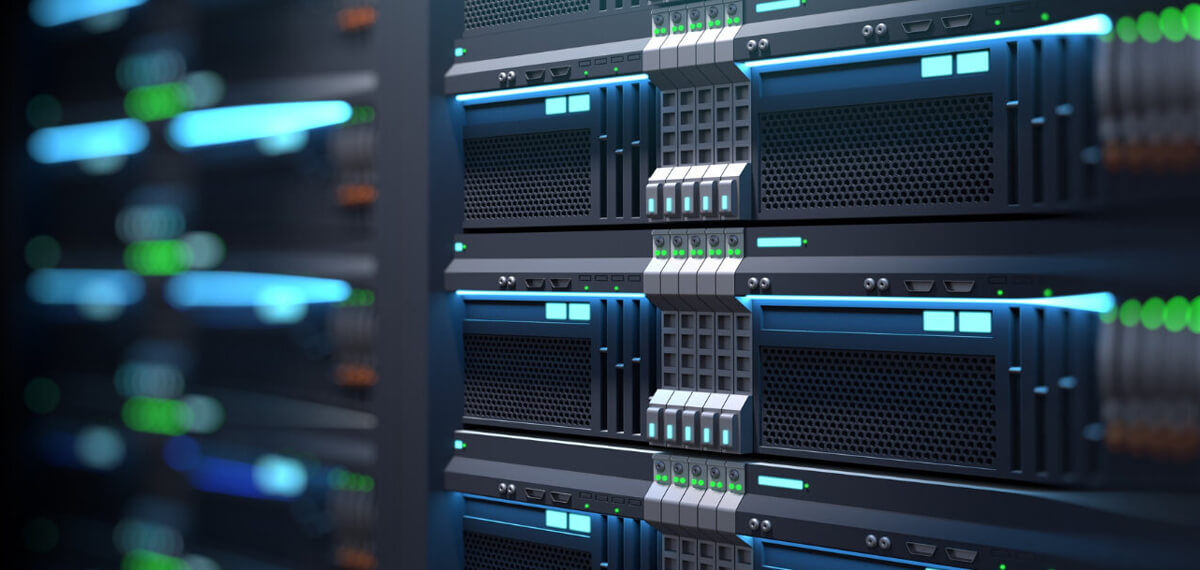Data center
Data Center
A data center is a centralized facility used for the storage, processing, management, and dissemination of large amounts of data. It typically houses a variety of computer systems, networking equipment, storage devices, and infrastructure components. Data centers are crucial for supporting the IT operations of organizations, providing a secure and controlled environment for managing digital information and services.
Datacentres can be classified based on various factors such as ownership, architecture, size, and purpose. Here are the main types:
- Owned and operated by a single organization for internal business operations.
- A facility where businesses rent space, power, and cooling while managing their own hardware.
- Hosted by cloud service providers like AWS, Google Cloud, or Microsoft Azure.
- Smaller facilities located closer to end users to reduce latency.
- Basic infrastructure with no redundancy (99.67% uptime).
- Partial redundancy in power and cooling (99.74% uptime).
- N+1 redundancy with 72-hour power outage protection (99.98% uptime).
- Fully fault-tolerant with 2N redundancy and 96-hour power outage protection (99.99% uptime).
- Large-scale infrastructure supporting massive cloud and big data workloads.
- Designed for AI, simulations, and scientific research.
- Backup facilities for business continuity.
- Prefabricated containerized units for quick deployment.
